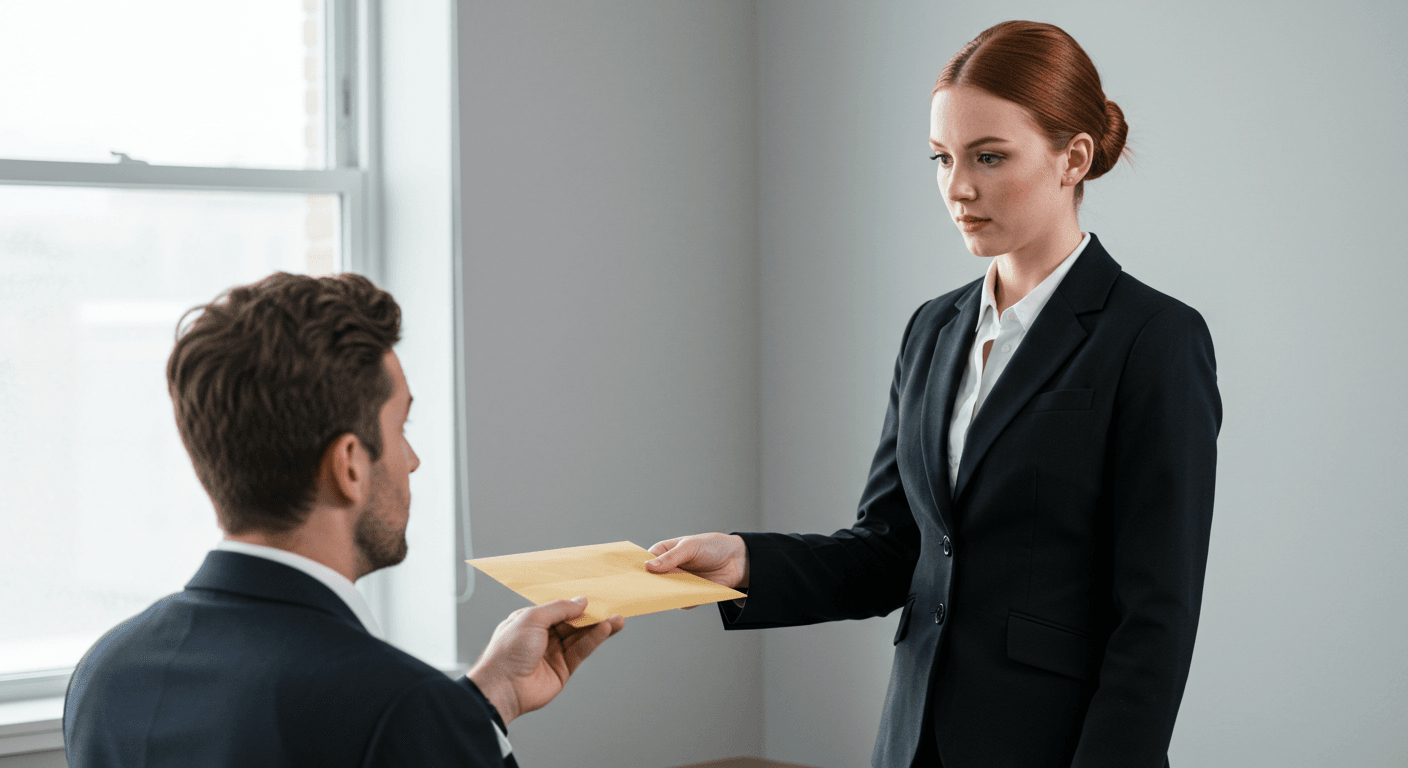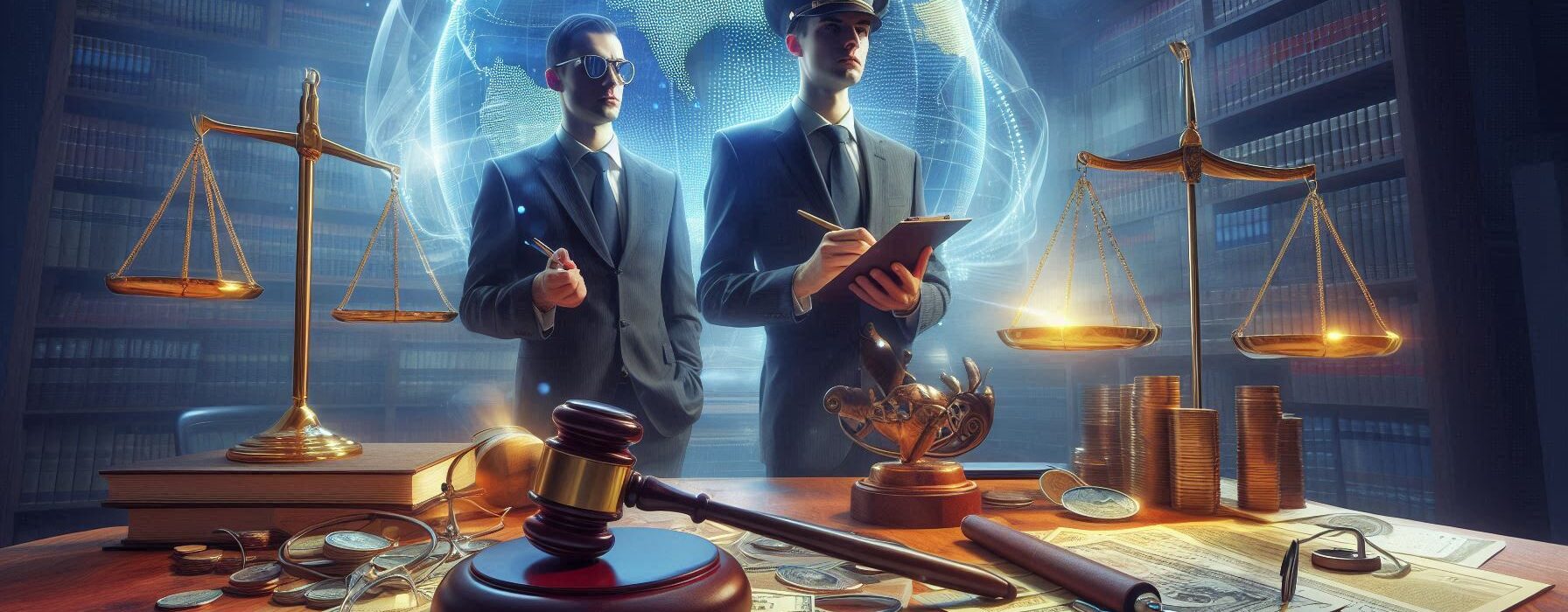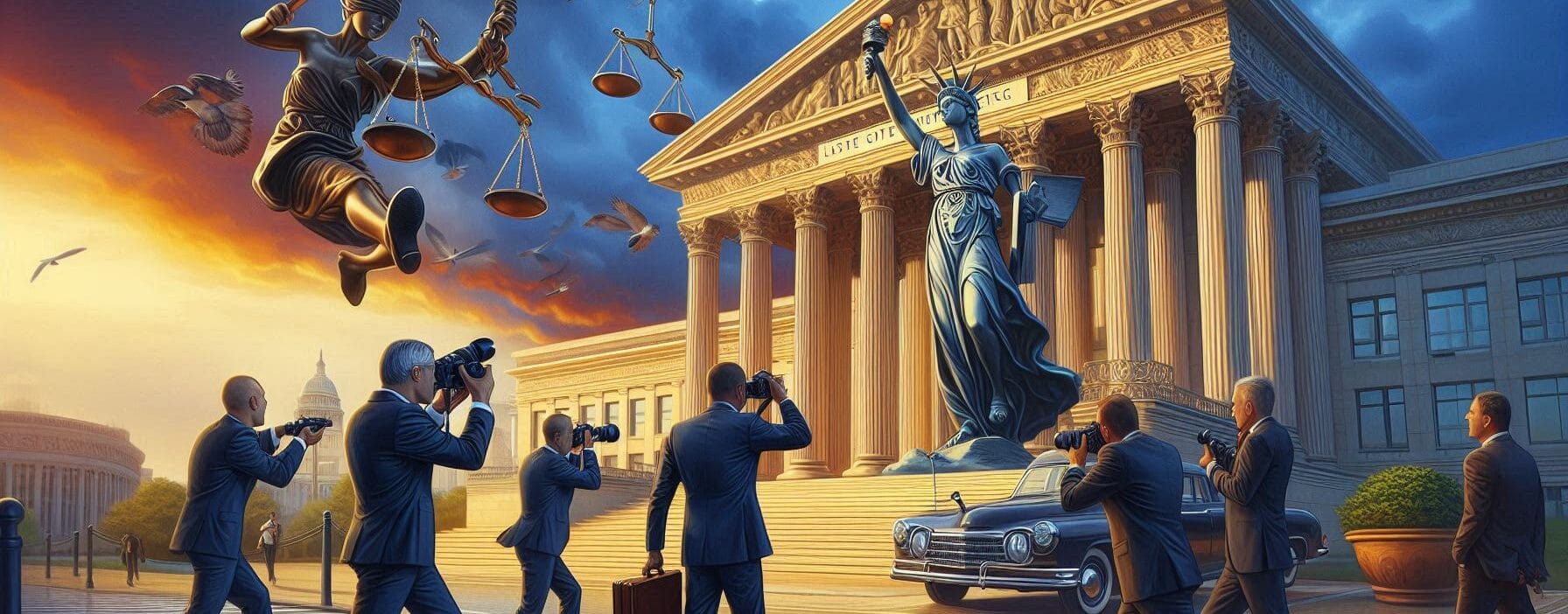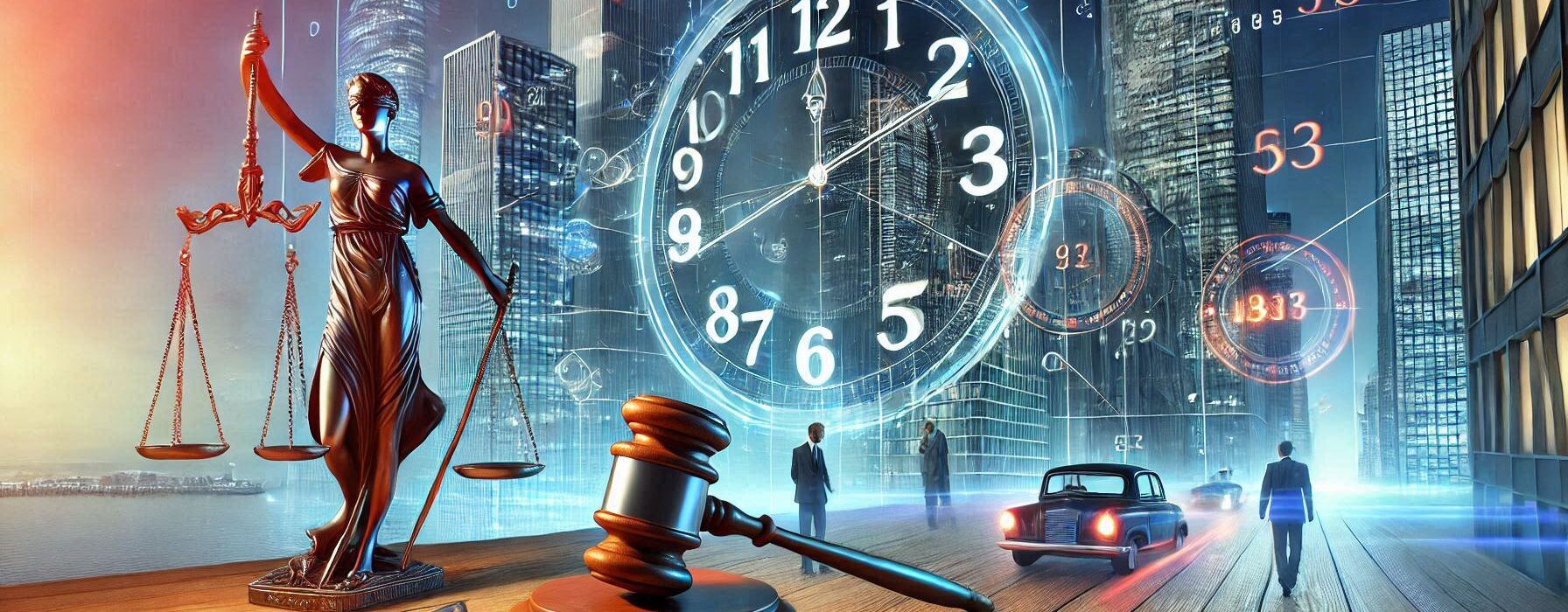When it comes to legal proceedings, evidence is the bread and butter—if bread were made of hard facts and butter was a delicious layer of truth.
Seriously, without solid evidence, your case could be as flimsy as a paper airplane in a hurricane. So, let’s explore why evidence matters so much and how you can gather it effectively.

Top Takeaways and Key Concepts
Collect All Relevant Evidence: Gather documents, photos, witness statements, and expert testimony to support your case.
Document Incidents Promptly: Record details immediately after an event to ensure accuracy and credibility.
Organize Evidence Effectively: Use labeled folders, both digital and physical, to easily access key materials.
Present Evidence Clearly: Display documents and photos concisely, using technology when possible, and practice delivery beforehand.
Understand Evidence’s Impact: Strong evidence increases credibility, speeds up resolutions, and strengthens your position in court.
Summary of This Article
The article emphasizes that evidence is crucial in legal proceedings, forming the foundation of any strong case. It defines evidence broadly, including documents, photographs, witness accounts, and expert testimony. Gathering and documenting incidents promptly ensures accuracy, while organizing materials into labeled folders makes access easier during hearings. Effective presentation—concise, clear, and rehearsed—enhances understanding for judges and juries. Ultimately, well-prepared evidence not only strengthens your argument but can lead to faster resolutions and better outcomes in court.
What Counts as Evidence?
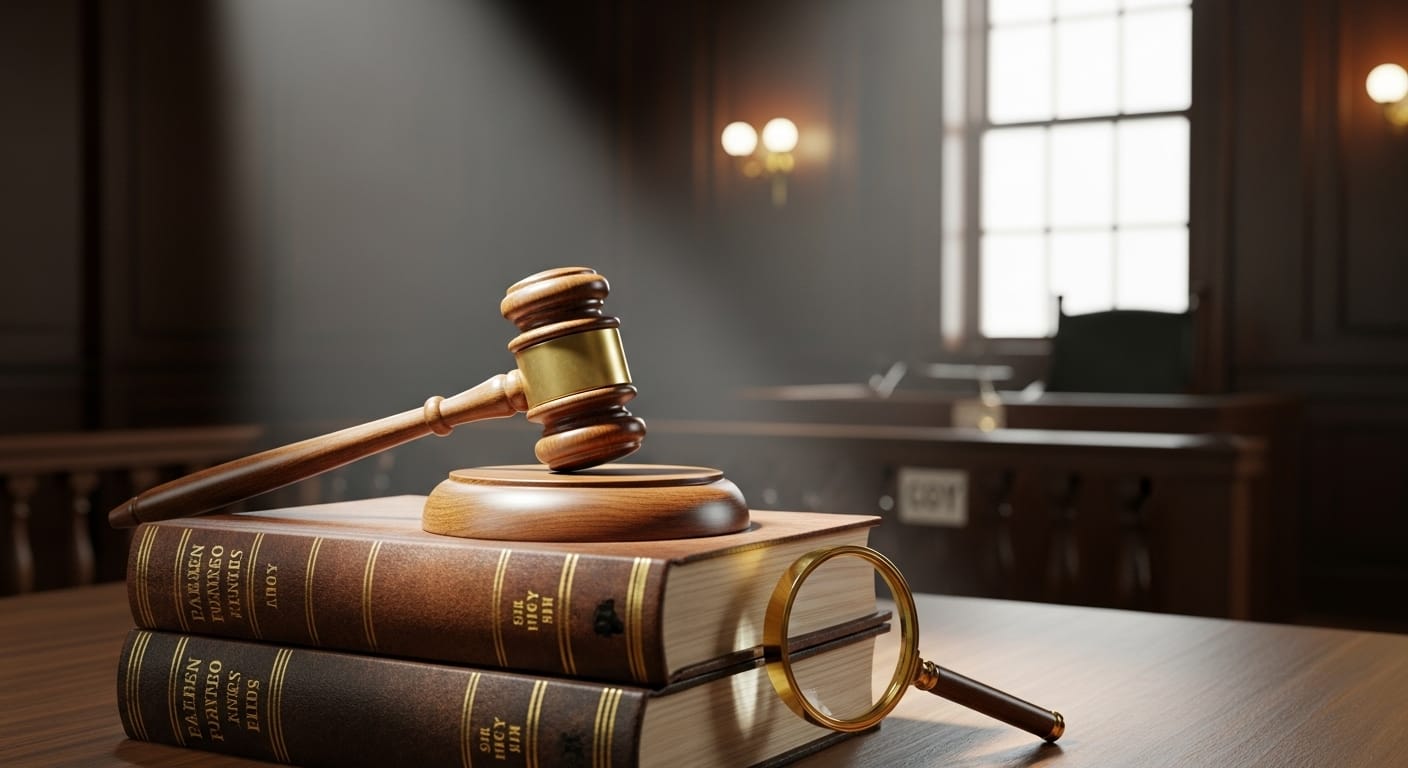
First off, let’s clarify what we mean by “evidence.” You might think it’s just a bunch of papers or some random pictures on your phone. But no!
Evidence can come in many forms: documents, photographs, witness statements—basically anything that helps prove your point. Think of it like building a Lego set; each piece needs to fit perfectly to create something awesome (or at least not fall apart).
For instance, if you slip on someone else’s wet floor while holding an ice cream cone (which is an excellent way to ruin both your day and dessert), photos of the scene are crucial.
Did they have warning signs? Was the floor still glistening with danger? Without these little nuggets of proof, you might find yourself stuck in legal limbo while everyone else enjoys their scoops.
Interestingly enough, I once tried to convince my friend that I had been wronged when they borrowed my favorite video game and never returned it. I thought my emotional appeal would suffice until they pointed out that I had no evidence—no receipt or anything! Lesson learned: always keep track of your stuff!
Why Evidence Is King (Or Queen)

Let’s see why evidence holds such high status in courtrooms everywhere. Imagine walking into court with nothing but your word against another person’s well-prepared defense team.
It’d be like bringing a rubber knife to a sword fight—not exactly fair! Courts rely heavily on tangible proof because emotions can cloud judgment faster than spilled coffee on important documents.
Having strong evidence can mean the difference between winning and losing your case. Judges and juries need something concrete to grasp onto; otherwise, they might start thinking about lunch instead of focusing on who’s right or wrong. And trust me, you don’t want them daydreaming about sandwiches when deciding your fate!
Speaking of which, good evidence often leads to quicker resolutions too! If both sides present solid proof supporting their claims, cases may settle outside court before things get messy—and trust me again: nobody wants courtroom drama unless it’s from a soap opera!
Types of Evidence You Should Gather
Now that we know how important evidence is let’s chat about what types you should focus on collecting for maximum impact! First up are documents—think contracts, emails, medical records—the paperwork that tells the story behind your case.
Next are photographs; these can capture everything from accident scenes to injuries sustained during unfortunate events (like slipping on said dangerous floors). A picture is worth a thousand words…unless those words are “sorry,” which won’t help you at all!
Then there are witnesses—the people who saw what happened firsthand! Having someone vouch for you adds credibility to your claims faster than saying “free pizza” at a party gets people excited.
And don’t forget about expert testimony if applicable! Sometimes having an expert explain complicated issues makes all the difference between confusion and clarity—in other words: who knew lawyers needed science nerds?
Organizing Your Evidence Like a Pro
Alright folks, once you’ve gathered all this fabulous evidence—it’s time for organization! Picture this: you’re going through stacks upon stacks of papers searching for that one critical document while chaos reigns around you. Not fun!
Start by creating folders (both physical and digital) dedicated solely to different aspects of your case—like accident reports or medical bills. This way when someone asks for specifics—you won’t feel like you’re digging through Mount Everest trying desperately not lose hope along with those precious documents.
By the way, keeping everything labeled clearly will save time later down the road when nerves kick in before trial dates approach—or worse yet—the dreaded deposition where lawyers fire questions at you faster than popcorn popping in the microwave!
Presenting Your Evidence Effectively
Okay now we’re getting into juicy territory—how do we actually present our glorious pile o’ proof? It starts with being clear and concise; nobody likes listening to long-winded stories filled with unnecessary details…unless they’re funny anecdotes shared over drinks after work.
When presenting documents or photos during hearings/trials make sure they’re easily viewable for judges/juries alike; sometimes using technology like projectors helps showcase key pieces better than flipping pages manually ever could!
Additionally practicing beforehand will help ease nerves too—I know public speaking isn’t everyone’s cup o’ tea—but rehearsing ensures confidence shines through while delivering important points regarding each piece presented.
To be fair though—even if things go awry during presentations—it happens! Just stay calm because judges appreciate honesty more than perfectionism—they’re human too after all!
Conclusion: The Final Word on Evidence
In conclusion—and yes, I promise this is actually concluding now—never underestimate the importance of gathering strong evidence when preparing for any legal proceedings.
Remember every detail counts—from documenting incidents right away down until presenting them clearly during trials—all contribute towards achieving favorable outcomes ultimately leading toward justice served hot & fresh!
So next time life throws curveballs at ya just think back here—and channel inner Sherlock Holmes equipped with stellar organizational skills combined with humor sprinkled throughout ensuring success along every step taken forward together!
Suggested External Resources:
Understanding Legal Evidence
https://www.nolo.com/legal-encyclopedia/understanding-evidence-29730.html
The Role of Evidence in Legal Cases
https://www.hg.org/legal-articles/the-role-of-evidence-in-legal-cases-31456
Types of Legal Evidence
https://www.lawinfo.com/resources/evidence.html
Frequently Asked Questions
What qualifies as evidence in a legal case?
Evidence includes documents, photographs, witness statements, and expert testimony that support your claims or defenses in court.
Why is evidence so important in legal proceedings?
Evidence provides objective proof that strengthens your case, helping judges and juries make informed decisions based on facts rather than opinions.
What are the main types of evidence I should collect?
Common types include contracts, emails, photos, medical reports, eyewitness accounts, and expert analyses relevant to your claim or defense.
How can I organize my evidence effectively?
Use labeled folders—both physical and digital—to separate documents by category, ensuring quick access and easy reference during legal proceedings.
When should I start documenting evidence?
Begin recording incidents immediately after they occur to maintain accuracy and prevent memory loss or missing key details.
How should evidence be presented in court?
Present evidence clearly and concisely using visuals or technology when possible, and practice explaining its relevance to your case beforehand.
Can strong evidence help resolve a case faster?
Yes. Well-prepared and organized evidence can lead to quicker settlements or rulings, reducing court time and legal expenses.

Kevin Collier is a legal expert passionate about simplifying complex legal concepts for everyday individuals. With a focus on providing clear, practical information, he covers a wide range of topics, including rights, responsibilities, and legal procedures. Kevin aims to empower readers with the knowledge they need to navigate the legal landscape confidently, ensuring they can make informed decisions regarding their legal matters. Through insightful articles and easy-to-understand resources, he helps demystify the law, making it accessible to all.







